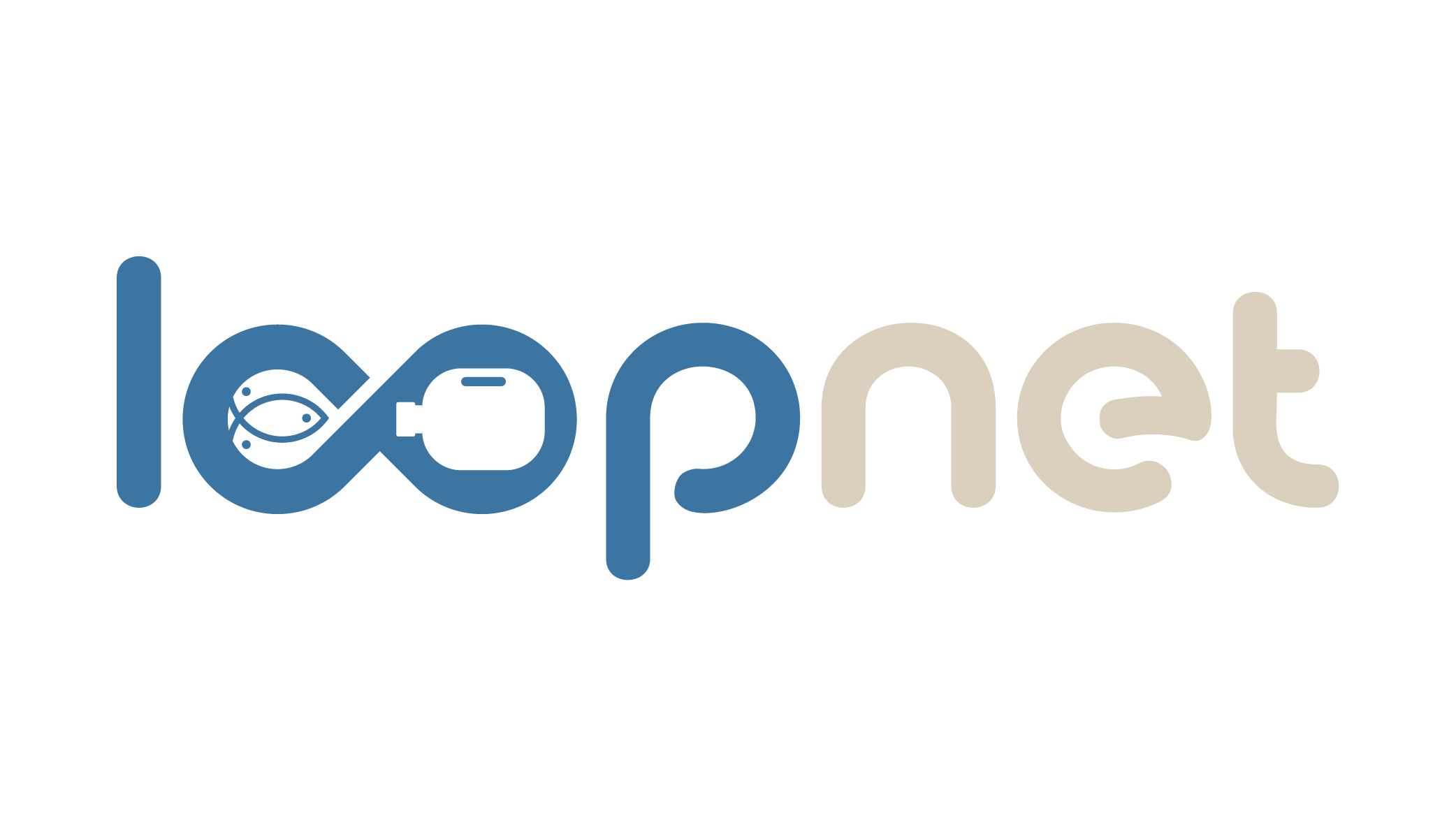
FROM WASTE TO WORTH.
FROM DATA TO DECISIONS.CIRCULAR BY DESIGN.
LoopNet Asia is the digital backbone for circular plastics in Viet Nam and Southeast Asia. It helps factories, recyclers, buy-back networks and brands handle plastic by-products faster, more accurately and with lower operational risk.
Built as infrastructure. Not a marketplace.
A workflow engine that reduces value loss, strengthens traceability and optimises circularity costs across the plastics ecosystem.
The Old Way: Cost, Delay, Compliance Exposure
Factories often pay just to move plastic by-products off-site, relying on scattered contacts and informal searches. This leads to inefficient routing, reduced recovery value and limited visibility over downstream handlers — creating operational uncertainty and potential compliance exposure that can affect overall supply-chain and brand assurance.
The LoopNet Way: Precision, Traceability, Confidence
LoopNet Asia replaces manual searching with structured, data-driven decision workflows for recovering scraps, sourcing recycled feedstock and reviewing compliance requirements. Materials are routed using standardised data on resin type, location and processing capability — giving businesses clearer visibility on suitable partners, feasible recovery value and the next operational step. The result: better-informed decisions, higher traceability and reduced operational and reputational risk.
Your Circular Journey in 3 Steps
Move from ad-hoc material handling to a structured, decision-ready workflow.
1. Structure Your Material Data
Standardise key inputs such as resin type, volume, form and location. Where information is incomplete, LoopNet Asia supports material clarification to improve routing quality and reduce downstream friction.
2. Evaluate and Route Circular Options
LoopMatch applies material, location and capability filters to surface feasible downstream options — prioritising higher-value circular routes before recycling, where applicable.
3. Execute with Traceability Outputs
Engage shortlisted counterparties, review indicative risk and demand signals, and generate a Material Flow Summary to support internal review, partner alignment and compliance processes.
Digital Where Needed, Human Where Critical
LoopMatch
Material & location-based B2B matching engine.
LoopComply
Regulatory intelligence system.
LoopIntel
Benchmark and on-demand insights in the industry.
Circular Showcase
Inspiration library featuring recycled products and circular design examples.
LoopNews
Curated stream of policy, technology, and market updates.
Community Hub
Interactive space for training, events, market pulse, and peer learning.
LoopCare
Stories of Freelance scrap pickers, protecting the hands that give materials a second life.

An Operating System for Circular Materials
LoopNet Asia functions as a data-driven market system that connects and coordinates manufacturers, recyclers and recovery operators — supporting routing, traceability and execution.
8,000+
manufacturing entities recorded on the platform
2,000+
recyclers and buy-back operators onboarded
Together, they enable a circular materials market that can be operated, monitored and scaled — built for real decisions and execution, not observation alone.
The Operating Context Is Shifting
Material traceability and flow control are moving from encouraged practices toward increasingly common operating requirements. EPR frameworks, ESG disclosure obligations, and customer audits are driving demand for structured, transparent, and auditable scrap-handling processes.
Factories need verifiable compliance while controlling recovery and disposal costs.
Recyclers need stable, quality feedstock to operate efficiently and plan capacity.
Brands and value-chain partners need visibility into downstream handling to meet reporting and assurance requirements.